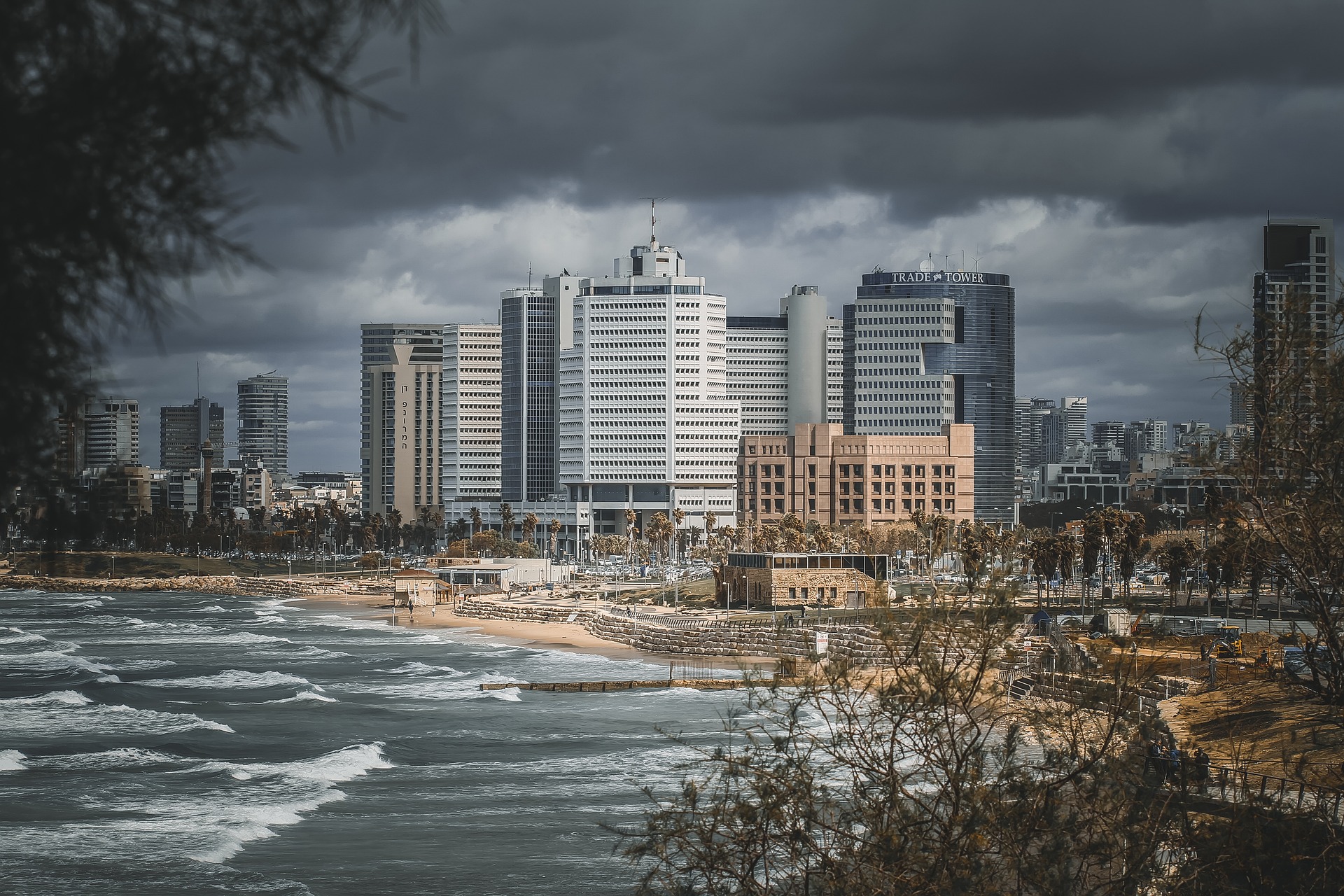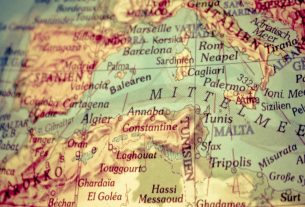The economy of Sudan is characterized by a large agricultural sector, significant oil reserves, and an overall lack of industrialization. Sudan has been struggling economically since the early 1990s, due in part to the country's civil war and international sanctions. In recent years, the economy has begun to improve as the government has implemented economic reforms and started to attract foreign investment.
The Sudanese economy is in dire need of reform and civilian rule in order to restore stability and progress. The military coup that took place in October 2021 removed the civilian-led government that was working to enact these changes, derailing the country’s efforts to get back on track. The coup has had a catastrophic impact on the economy, with foreign aid and investment drying up and prices soaring. If the current situation is not resolved quickly, Sudan faces the risk of recession and further economic hardship.
The civilian government that was in place prior to the coup had embarked on a journey of reform, with the support of international financial institutions and donors. These efforts were interrupted by the coup, which has put the country back in a state of isolation. The loss of foreign aid and investment has had a severe impact on the budget, with the deficit set to increase if the military continues to retain power. Inflation has also risen, with prices of bread and other staples increasing by more than tenfold. The cost of living has become increasingly unaffordable for many Sudanese families, who are struggling to make ends meet.
The only way to save the Sudanese economy is to reverse the coup and restore civilian rule. This will require the army to agree to reforms, including the integration of the Rapid Support Forces into the regular ranks of the army, and to stop interfering in government affairs. The civilian government should also resume the economic reform programmes that were in place before the coup and seek to restore full engagement with the IMF, the World Bank, and other international financial institutions. In addition, a strong social protection programme should be put in place to help address the socioeconomic ills that have been exacerbated by the coup. The international community should also provide support to Sudan in the form of financial aid and concessional loans.
The economy of Sudan is based largely on agriculture, with livestock accounting for about 40% of Sudan’s GDP. Sudan is Africa’s third-largest producer of cotton and the fifth-largest producer of peanuts. Other important crops include sorghum, millet, wheat, and sesame. The country also has significant reserves of oil and natural gas. Sudanese exports include oil, agricultural products, and minerals. Sudan’s main trading partners are China, India, Egypt, and South Sudan. Sudan’s economic growth has been hindered by the country’s civil war, which began in 1983 and lasted for more than two decades. The conflict caused widespread damage to Sudan’s infrastructure and displaced millions of people. In addition, Sudan was subject to international sanctions, which further hurt the economy. Since the end of the civil war in 2005, Sudan has been working to rebuild its economy. The government has implemented a number of economic reforms, including privatizing state-owned companies, reducing subsidies, and devaluing the Sudanese pound. These reforms have helped to attract foreign investment and spur economic growth. Sudan’s economy is still recovering from the effects of the civil war, but the country has made progress in recent years.


